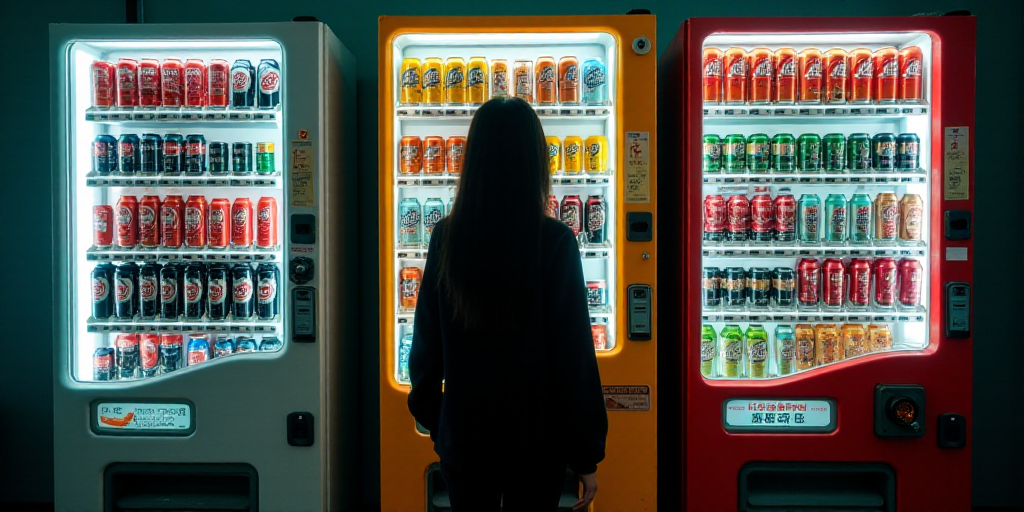Background on the Issue
The Mexican government, led by President Claudia Sheinbaum, has proposed increasing the Impuesto Especial sobre Producción y Servicios (IEPS) on sugary drinks as part of the 2026 Economic Package. This move aims to tackle public health issues like obesity and diabetes, which are exacerbated by high soda consumption.
Social Media Reactions
A study by Dinamic, a digital analysis firm, examined over 1,156 public conversations on Facebook, X (formerly Twitter), TikTok, YouTube, and Instagram regarding the proposed tax hike. The research revealed a polarized online debate, with half of the users expressing opposition and 41% supporting the measure as a strategy to reduce sugary drink consumption.
- Opposition: 51.67% of the mentions criticized the tax increase, arguing that it would directly hit consumers’ wallets, particularly low-income households where sugary drinks are a common part of daily consumption.
- Support: 41.38% of the mentions backed the proposal, viewing it as a necessary step to address obesity and diabetes—two major public health concerns in Mexico.
- Neutral: Only 6.95% of the discussions remained neutral, often comparing international examples or discussing fiscal aspects.
During early September 2025, more than 1.3 million users were exposed to content related to the tax hike when the federal government announced it as part of the 2026 Economic Package.
Key Themes in the Debate
- Consumer Impact: Critics argued that the tax increase would disproportionately affect lower-income households, making sugary drinks less affordable and potentially pushing consumers towards cheaper, unhealthier alternatives.
- Revenue vs. Health: Some users expressed skepticism about the government’s true intentions, questioning whether the tax hike was genuinely aimed at improving public health or merely a revenue-generating scheme.
- Addressing Obesity and Diabetes: Supporters acknowledged the urgency of tackling obesity and diabetes, which are significant public health issues in Mexico. They believe that raising taxes on sugary drinks could help decrease their consumption.
- Complementary Measures: Many supporters emphasized that the tax hike alone is insufficient and should be accompanied by educational and preventive strategies to promote healthier lifestyles.
- Role of Beverage Companies: Critics pointed fingers at beverage companies, especially Coca-Cola, accusing them of promoting excessive consumption of sugary drinks and contributing to public health problems. They also questioned the effectiveness of the government’s “Vive saludable, vive feliz” (Live healthy, live happy) campaign.
Key Questions and Answers
- What is the proposed tax hike about? The Mexican government plans to increase the IEPS on sugary drinks from 1.64 to 3.08 pesos per liter as part of the 2026 Economic Package to combat obesity and diabetes.
- How are people reacting to this proposal? Social media users are divided, with half opposing the tax hike due to concerns about its impact on consumers’ wallets and the other half supporting it as a necessary step towards improving public health.
- What are the main arguments against the tax hike? Critics argue that the tax increase will disproportionately affect low-income households, pushing consumers towards cheaper, unhealthier alternatives. They also question the government’s true intentions and the effectiveness of such a measure.
- What are the main arguments in favor of the tax hike? Supporters acknowledge the urgency of addressing obesity and diabetes in Mexico. They believe that raising taxes on sugary drinks can help decrease their consumption, though they also emphasize the need for complementary educational and preventive strategies.
- How are beverage companies being perceived in this debate? Critics accuse beverage companies, especially Coca-Cola, of promoting excessive consumption of sugary drinks and contributing to public health problems. They also question the effectiveness of government campaigns aimed at promoting healthier lifestyles.






